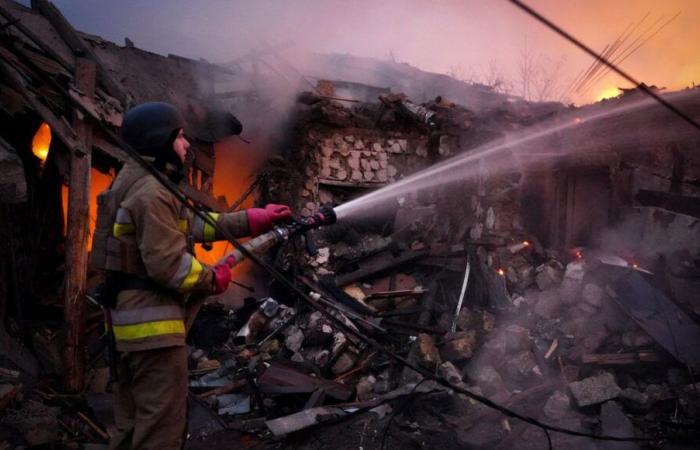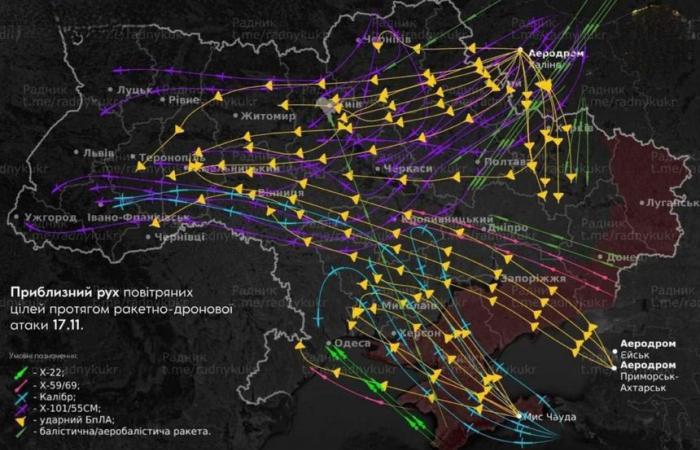After months of procrastination, Joe Biden therefore made a decision when he was no longer expected: he authorized the Ukrainians to use American long-range missiles to strike Russian territory.
Ukrainian President Volodymir Zelensky has been urgently asking for this for months; but Joe Biden hesitated to embark on this new escalation against the Russian army, in the middle of the electoral campaign moreover. His decision was motivated by the entry into the fighting of North Korean soldiers, a major escalation on the Russian side, an internationalization which called for a response from Ukraine’s allies.
With the victory of Donald Trump, he is freed from this internal political pressure, and he has finally made this decision which, if it will not reverse the balance of power, will relieve the pressure that Ukraine is currently under. The other side of the coin is that in two months, Donald Trump takes office in the White House, much less determined to help Ukraine and therefore likely to reverse this measure.
These two months will therefore be decisive
On the military level, the use of American missiles, but also British and French which will probably also be affected by the green light from Washington, will give more room for maneuver to the Ukrainians on the defensive. They are attacked both on their positions in the Kursk region, in Russian territory, which they want to keep as a bargaining chip in the event of negotiations; only in Eastern Ukraine, and by air.
The US decision was duly welcomed in kyiv, although Ukrainian leaders must be bitter that it did not come much sooner; and it was strongly denounced in Moscow, at a decisive moment in this war which has lasted for almost three years.
The 48 hours preceding the unofficial announcement in Washington were very special. First there was the phone call between German Chancellor Olaf Scholz and Vladimir Putin, his first exchange with a major Western leader in two years. And yesterday, Russia carried out one of its largest bombings of Ukrainian cities, killing eleven people and targeting the partially destroyed electricity system.
Listen to the reaction of Polish Prime Minister Donald Tusk, a big supporter of Ukraine: “No one will stop Putin with phone calls. “Last night’s attack shows that telephone diplomacy cannot replace Western-wide support for Ukraine.” The American decision on missiles echoes this and goes in its direction.
The link between all these events is Donald Trump and his team, with figures like Marco Rubio at Foreign Affairs, or Mike Waltz, National Security Advisor, who initially supported aid to Ukraine in Congress, before voting against. Or even Tulsi Gabbard, who will be responsible for coordinating Intelligence, and who has a history of pro-Russian sympathy.
Trump had promised to resolve the war in Ukraine “in 24 hours” before even entering the White House. Putin wanted to take advantage of this by redoubling his attacks at a time that was favorable to him.
Joe Biden’s last stand in favor of Ukraine comes very late to reverse the course of history: in any case it complicates the task of those who were counting on a surrender and capitulation of Ukraine.
The world at 6:50 p.m. Listen later
Lecture listen 3 min







